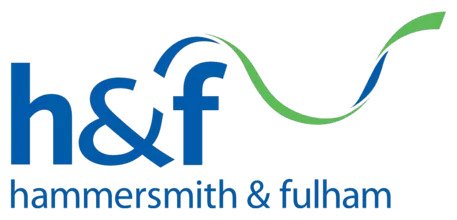Providing frontline care for vulnerable adults within their own homes, day care centres, residential and nursing homes and other healthcare settings.
Adult Care Workers are the frontline staff who help adults with care and support needs to achieve their personal goals, and live as independently and safely as possible, enabling them to have control and choice in their lives.
Career roles might include:
- Care Assistant
- Care Worker
- Support Worker
- Personal Assistant
- Relief Team Worker
- Support Worker
- Key Worker
- Home Care Support Worker
- Substance Misuse Worker
- Learning Disability Support Worker
- Mental Health Support Worker
- Mental Health Outreach Worker
- Re-Enablement Worker
To work in care is to make a positive difference to someone’s life when they are faced with physical, practical, social, emotional or intellectual challenges. Adult Care Workers need to have the right values and behaviours developing competences and skills to provide high quality compassionate care and support.
They are the frontline staff who help adults with care and support needs, enabling them to have control and choice in their lives which is at the heart of person centred care.
Adult Care Workers may work in residential or nursing homes, domiciliary care, day centres, a person’s own home or in some clinical healthcare settings.
Personal Assistants do the same job as an Adult Care Worker and work directly for one individual usually, within their own home. Supporting and enabling people to live a more independent and fulfilling life is a rewarding and worthwhile job that provides excellent career opportunities.
Programme duration
15-18 months.
Entry requirements
Grades 9–3 (A*–D), including English Language and maths – one of English Language or maths must be grade 9–3 (A*–D).
Functional Skills Level 1 can be used as equivalent to GCSE grade 3 (D) and Functional Skills Level 2 can be used as equivalent to GCSE grade 4 (C) or above.
Apprentices without Level 2 English and maths will need to achieve this level prior to taking the end-point assessment.














